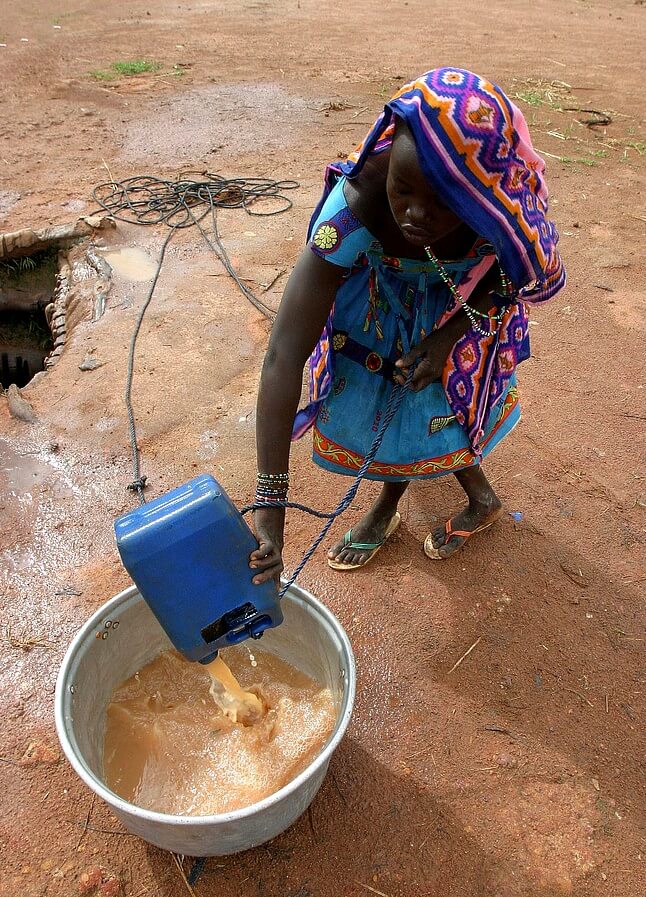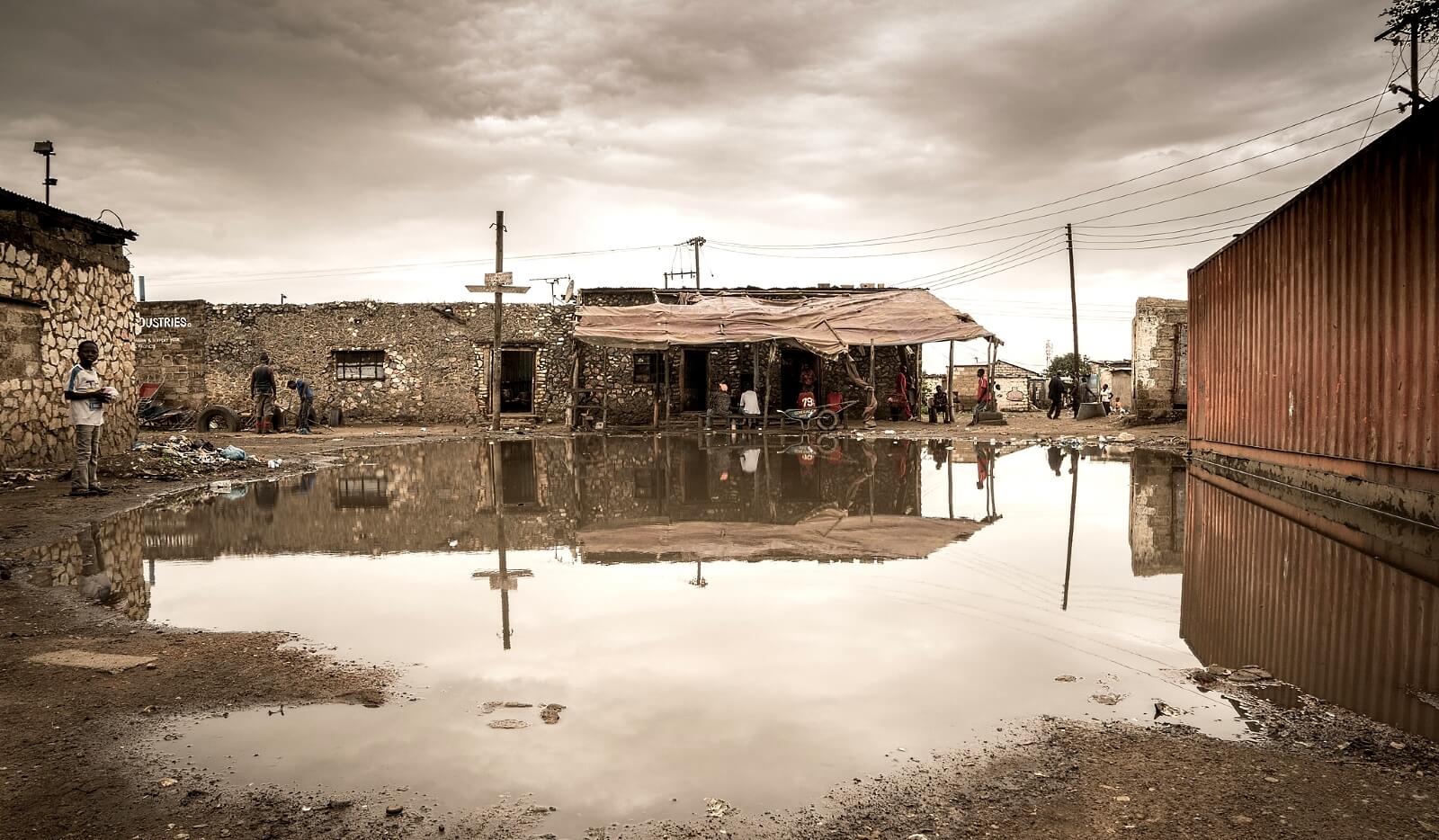Africa’s population is growing at the fastest rate in the world and so has its economy. With increasing use of technology and rapid urbanisation in the last few decades, the environment has become more threatened than ever. Increased population growth within these areas have led to humans stretching the stability of the environment to its limits. The sun has never been more scorching, land is becoming increasingly unproductive, people are starving, water is more polluted, people are thirsty, and even the air seems as though it carries lesser oxygen.
It has therefore become very imperative to study the environment and proffer ways to sustain it. Environmental degradation is any change or disturbance to the environment that is deleterious or undesirable. It is the reduction of the capacity of the environment to meet social and ecological objectives and needs.
The Figures You Need to Know
In 1990, the Intergovernmental Panel on Climate Change declared that the greatest single consequence of climate change could be migration. Experts said there were 25 million environmental refugees in the mid 1990s and could double by 2010 (up to about 50 million) with an upper limit of 200 million by 2050. Sustainable measures must be taken to preserve the three major environmental components
According to a report compiled by the UN Environment Programme (UNEP) in 2013, air pollution in Africa can be 10 to 30 times higher than World Health Organization limits. This is mostly the case in poor rural areas, where little access to cleaner stoves and fuels causes significant health impacts through indoor pollution.
It also stated that in 2010, only 60 per cent of the sub-Saharan Africa population had access to safe water; and poor waste disposal practices
According to Oldeman et al. (1992) about 25 % of the world`s degraded areas are located in Africa with 65 % of its agricultural land degraded. It is estimated that 31 % of pasture-lands and 19 % of forests in Africa are degraded.
Nearly 3.3 % of agricultural GDP in Sub-Saharan Africa is lost annual because of soil and nutrient loss.
In Africa, some 440 million people are expected to experience up to 25% shortfall in food supplies with a projected 75 million to face more severe deficits. If there is any time to crave and campaign for environmental sustainability, it is now.
To reduce the growing population of environmental refugees, informed and responsible decisions towards protecting our natural world must be made

A woman is filling a bowl with undrinkable water at Boromata’s well. The Vakaga region, close to Sudan, suffers from a high incidence of environmental diseases. Rate of diarrhea, which was found to be high amongst children under 5, affects up to 50% of children per week.
© Pierre Holtz | UNICEF Via hdptcar Flickr
The Way forward
African Farmers should quit their cultural/traditional practice of slashing and burning of weeds and embrace the new ‘Green Agriculture’ as well as other environmentally friendly and sustainable productive methods of farming.
The use of recyclable products should be encouraged. Industries should adopt eco-friendly means of producing environmental friendly goods or services as the case may be. As currently practiced in America and Europe, Carbon emission credits should be given to industries and heavy fines can be charged any company that exceeds the allotted carbon credit, while the credits of companies that do not exhaust theirs can be purchased by the necessary environmental enforcement agency.
Also, individuals should be more responsible for the environment, particularly in the area of emptying and burning of trash, smoking in public, and use of scrap vehicles that emit smoke. Sensitization campaigns can be carried out to educate people on how to dispose of their domestic wastes, smoking in non-smoking zones can be made a punishable offense, use of fuel efficient cars should be encouraged, urinating and defecating in any form of water body should be discouraged and indiscriminate hunting should be made an offense.
“It is our responsibility to protect our environment, and if we want to reduce the current population of environmental refugees, reduce starvation, hunger and thirst as well as make this planet live-able for years to come, we have to start leading an environmentally conscious life”.
[Header image] – Misisi Compound, Lusaka, Zambia. Flickr / Adam Ojdahl

